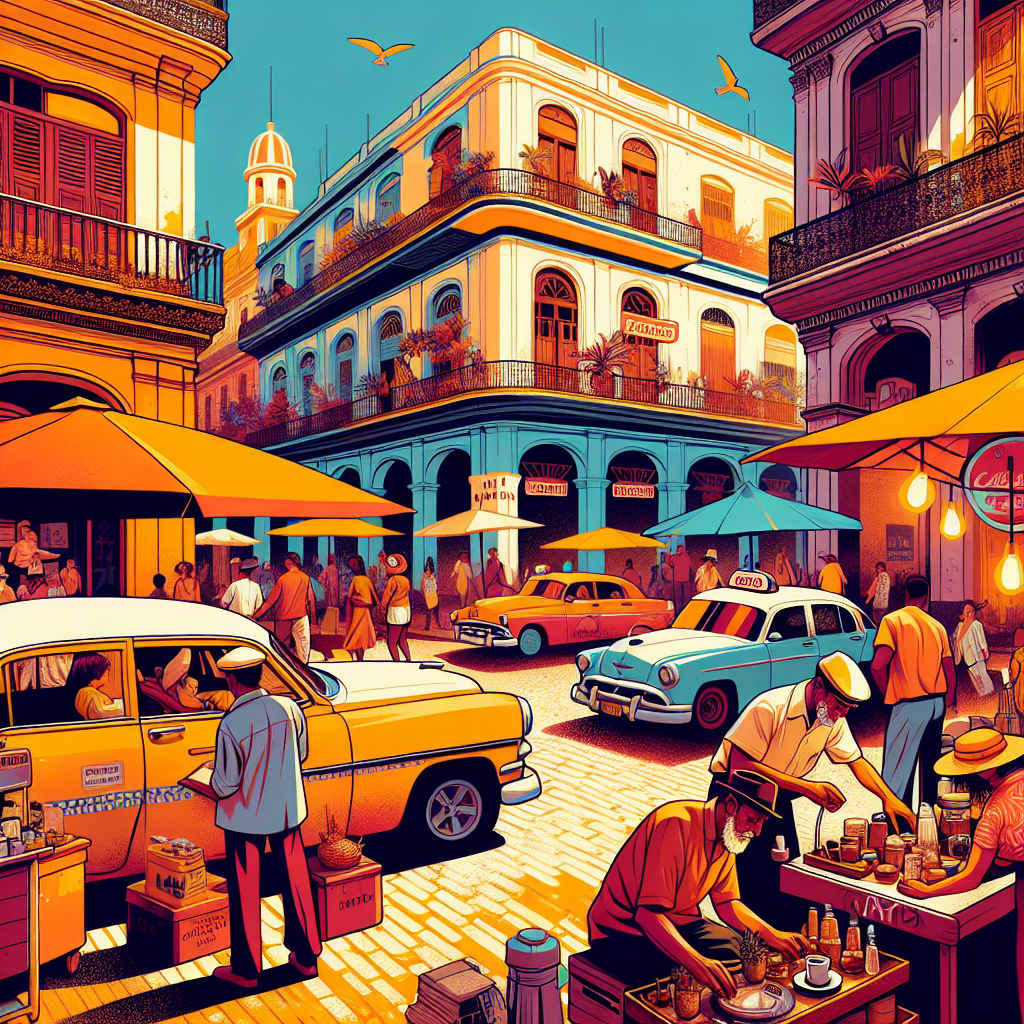Cuba's Private Sector Surpasses State in Retail Sales for First Time Since Revolution
Cuba's private sector has surpassed the state in retail sales for the first time since the 1959 revolution, accounting for 55% of sales in 2024. The shift follows economic challenges post-Soviet Union collapse. The state sector remains integral but is less efficient, fueling debate over economic liberalization.

For the first time since Fidel Castro's 1959 revolution, Cuba's private sector has overtaken the state in retail sales, according to new data from the National Statistics Office. In 2024, the non-state sector accounted for 55% of retail sales by value, up from 44% in 2023.
This shift marks a significant change on the Communist-run island, where the government has slowly expanded private enterprise since the Soviet Union's collapse in 1991. Economic difficulties, including a shrinking state-run economy, frequent blackouts, and high inflation, have pressured the state sector.
Despite this, the state continues to control many retail outlets with limited goods. Informal markets like Havana's 100th Street Bridge Fair have flourished, filling the gap with products absent in state stores, though often at higher prices. Economic experts highlight ongoing debates within Cuban leadership about the future role of private businesses.
(With inputs from agencies.)
ALSO READ
Lodha: A Consistent 'Great Place to Work' in Real Estate Sector
The Financial Times Headlines: A Deep Dive into Economic Reforms and Corporate Moves
Congress Calls for Bold Economic Reforms Amid GST and Growth Concerns
India's Real Estate Sector Faces Premiumization Amid Affordability Challenges
Energy strategies must be paired with economic reform to cut ecological damage










